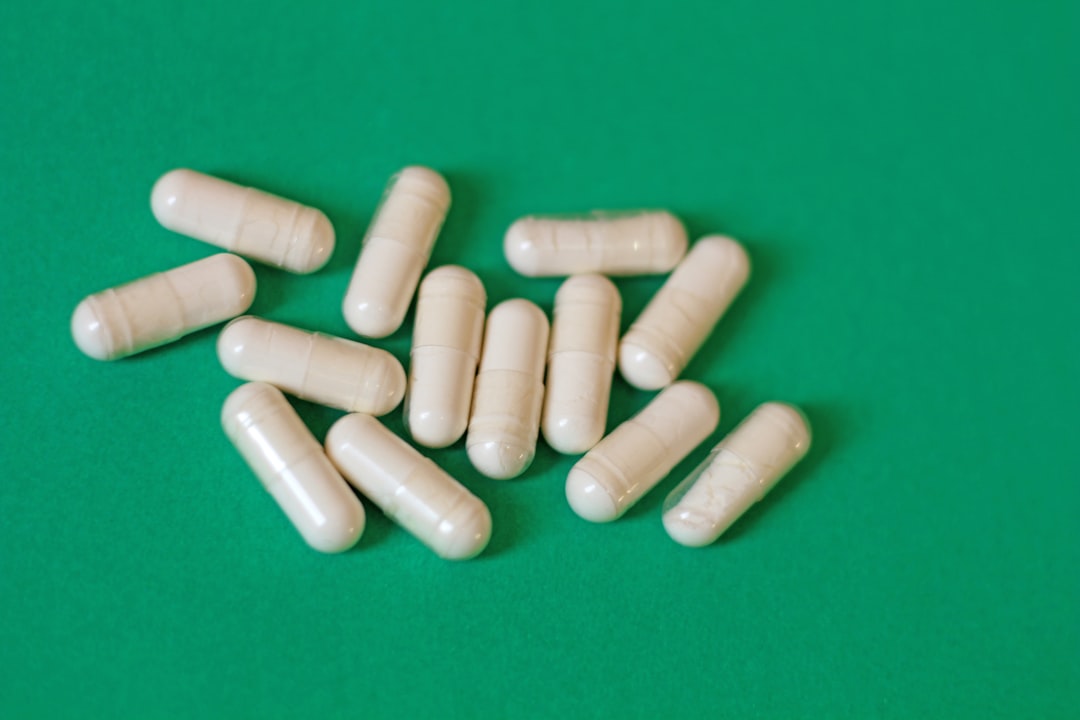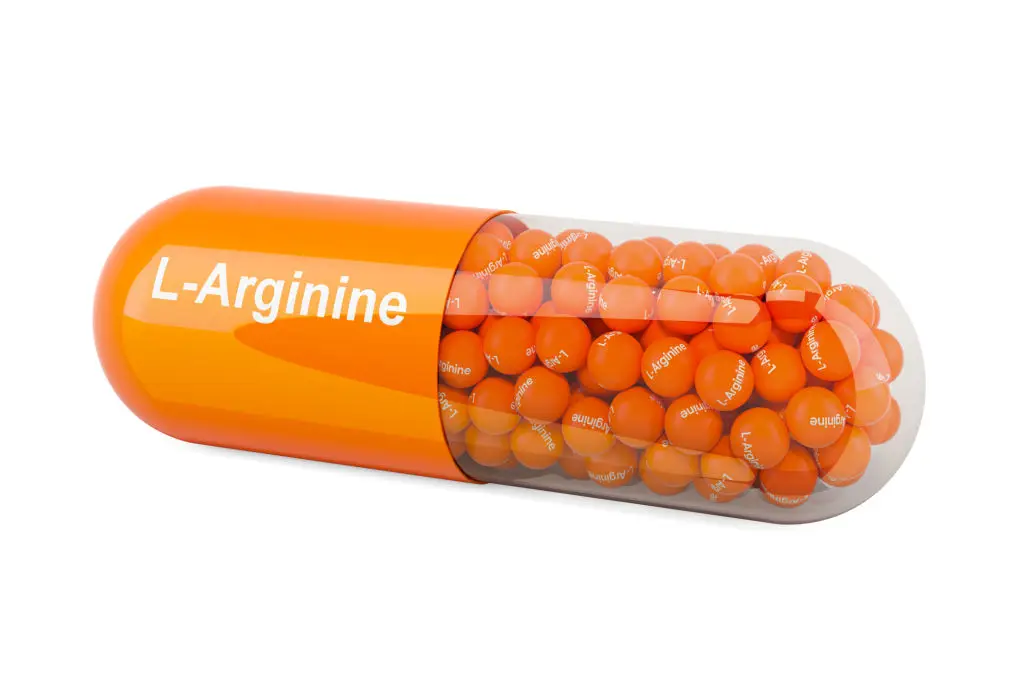Your Sleep Supplement Stack: 11 Natural Aids — 5 That Work, 6 to Skip
Disclaimer: This article is for informational purposes only and does not replace professional medical advice. Consult your healthcare provider before starting any supplement, especially if you take prescription medications, are pregnant, breastfeeding, or have chronic health conditions.
1. Magnesium: The gentle first-line choice

Magnesium is a mineral that supports muscle relaxation and nervous system balance—two keys for falling and staying asleep. Consumer testing referenced by Good Housekeeping showed meaningful sleep improvements with magnesium products, including longer sleep duration and better reported sleep quality (Good Housekeeping, 2025). Most practitioners recommend forms like magnesium glycinate or magnesium L‑threonate because they’re easier on the gut and better tolerated than magnesium oxide. Typical supplemental ranges many clinicians use fall between 200 and 400 mg taken about 30–60 minutes before bed; start at the lower end and adjust if needed while watching for loose stools. People with reduced kidney function should avoid or only take magnesium under medical supervision because the body handles minerals differently when kidneys are compromised (NIH Office of Dietary Supplements). Also space magnesium away from very high-dose calcium or zinc so your body can absorb each mineral without overload (Men's Health commentary on supplement spacing). If you’re on prescription medications, mention magnesium to your clinician: it can interfere with the absorption of some antibiotics and bisphosphonates, for example. When used thoughtfully, magnesium is a low-risk place to begin building a sleep supplement stack.
2. L‑Theanine + Apigenin: Calm without grogginess

L‑theanine is an amino acid often taken from green tea that promotes relaxed alertness and smoother transition to sleep for anxious minds. Apigenin, a flavone found in chamomile and other herbs, has mild calming effects with early research suggesting it may help sleep onset. Together these two ingredients form a gentle pairing that many people find useful as part of a nightly routine. L‑theanine doses commonly used in studies and consumer products range from 100 to 200 mg; apigenin amounts in commercial supplements vary but are generally lower and intended as a subtle sleep-promoting component. This pairing rarely causes heavy next‑day sedation, which makes it attractive for older adults who want clearer mornings. Still, take them separately from strong sedatives and mention them to your clinician if you’re on blood pressure medication because L‑theanine can lower blood pressure in some people. Also prefer products with transparent labeling and standardized ingredient amounts rather than vague "relaxation blends." Start with a single ingredient first, then add the second if you need a stronger effect. That slow approach helps you tell which ingredient is helping and reduces the chance of unnecessary interactions.
